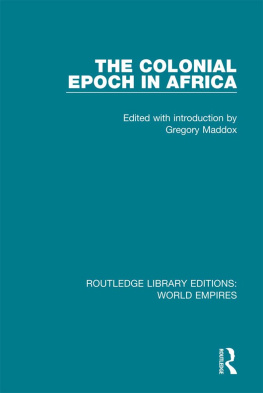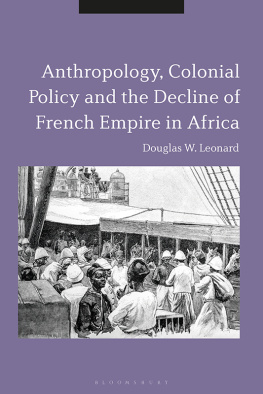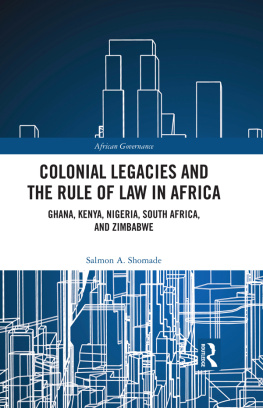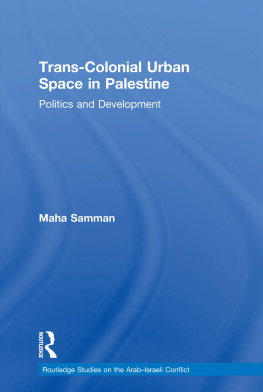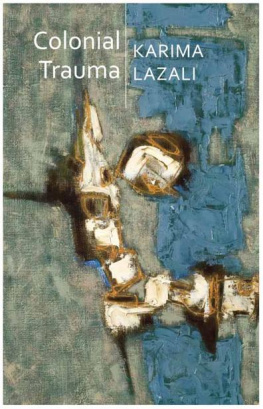John M. Carland - The Colonial Office and Nigeria, 1898-1914
Here you can read online John M. Carland - The Colonial Office and Nigeria, 1898-1914 full text of the book (entire story) in english for free. Download pdf and epub, get meaning, cover and reviews about this ebook. City: Stanford, year: 1985, publisher: Hoover Institution Press, genre: History. Description of the work, (preface) as well as reviews are available. Best literature library LitArk.com created for fans of good reading and offers a wide selection of genres:
Romance novel
Science fiction
Adventure
Detective
Science
History
Home and family
Prose
Art
Politics
Computer
Non-fiction
Religion
Business
Children
Humor
Choose a favorite category and find really read worthwhile books. Enjoy immersion in the world of imagination, feel the emotions of the characters or learn something new for yourself, make an fascinating discovery.

- Book:The Colonial Office and Nigeria, 1898-1914
- Author:
- Publisher:Hoover Institution Press
- Genre:
- Year:1985
- City:Stanford
- Rating:5 / 5
- Favourites:Add to favourites
- Your mark:
The Colonial Office and Nigeria, 1898-1914: summary, description and annotation
We offer to read an annotation, description, summary or preface (depends on what the author of the book "The Colonial Office and Nigeria, 1898-1914" wrote himself). If you haven't found the necessary information about the book — write in the comments, we will try to find it.
Conventional scholarly wisdom supports the notion that the Colonial Office did little more than coordinate and review the proposals of others during the administrative occupation of Africa. Consequently, historiansin various ways, and in varying degreeshave come to accept that the Colonial Office and its staff had little to do with policy formation and implementation. Using Nigeria during the years 18981914 as a case study. Dr. Cartlands revisonist work reduces these interpretations. He establishes that, no matter what the subject under discussion, it was the Colonial Offices viewand not the colonial governors, the Treasurys, nor the Crown Agentsthat prevailed. Furthermore, John Carland makes it clear that the Colonial Office staff did their work not out of any sense of imperial mission but because they were members of the Home Civil Service protecting their territory. They were an early-twentieth-century administrative manifestation of the territorial imperative.
John M. Carland: author's other books
Who wrote The Colonial Office and Nigeria, 1898-1914? Find out the surname, the name of the author of the book and a list of all author's works by series.


